Celebrating 125 Years at Boulder, Western Australia
November 7, 2022Over the weekend of 15-16 October, four Sisters of Saint Joseph, Dora Maguire, Frances Maguire, Kath Hitchcock and Pauline Dundon, and myself Sue Sondalini (the WA Archivist), met in Boulder in the WA goldfields, 600 kilometres to the east of Perth. We met to be part of the celebrations of the 125th anniversary of the local St Joseph’s School founded by the Sisters of Saint Joseph in 1897.
Around the world with Mary MacKillop Today
October 21, 2022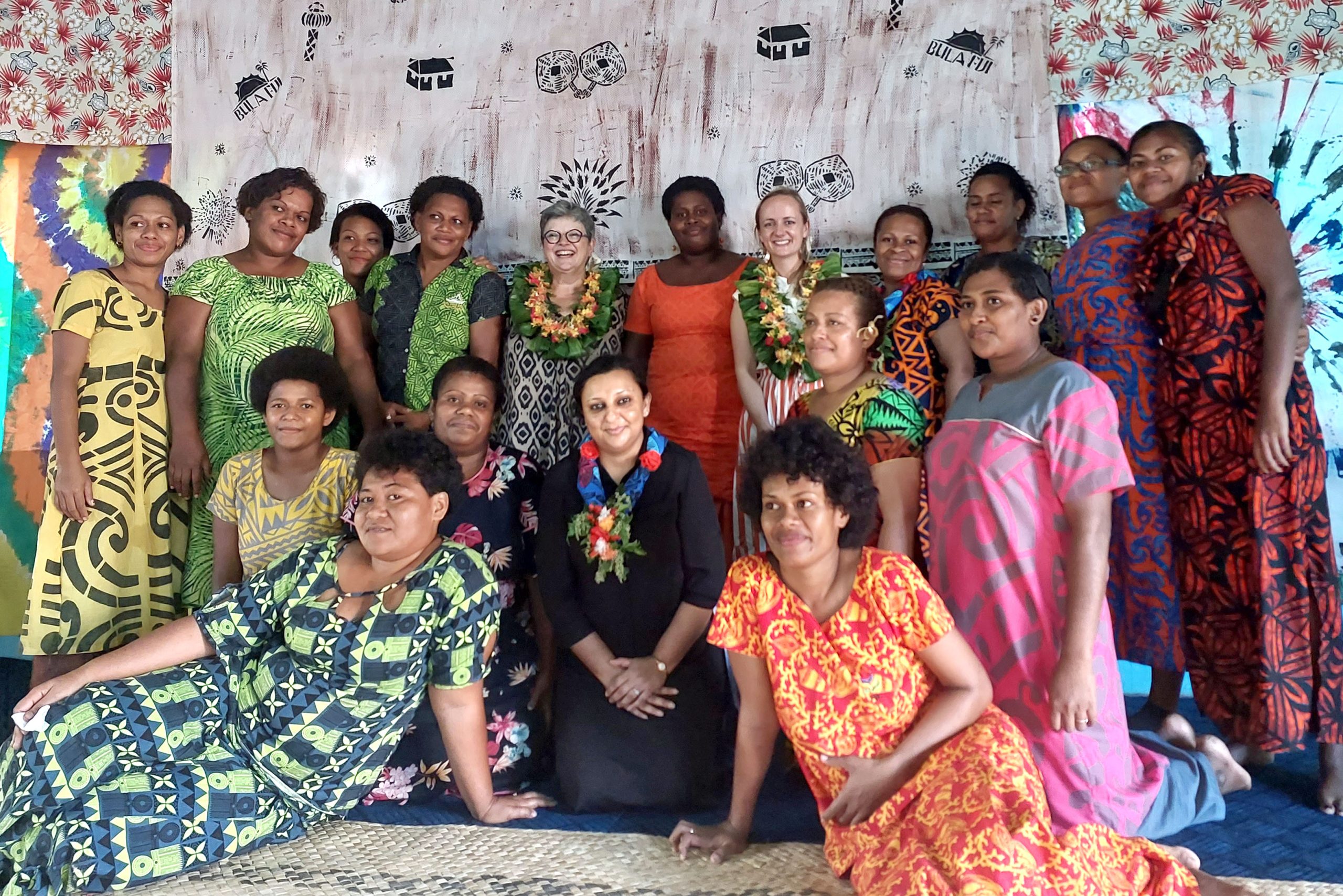
You’re invited to a trip around the world with Mary MacKillop Today on Thursday, 3 November 2022 at 4:30pm AEDT!
Inspired by Australia’s first saint, Mary MacKillop, Mary MacKillop Today are working to transform lives with dignity through self-determination.
Feasts of All Saints and Souls
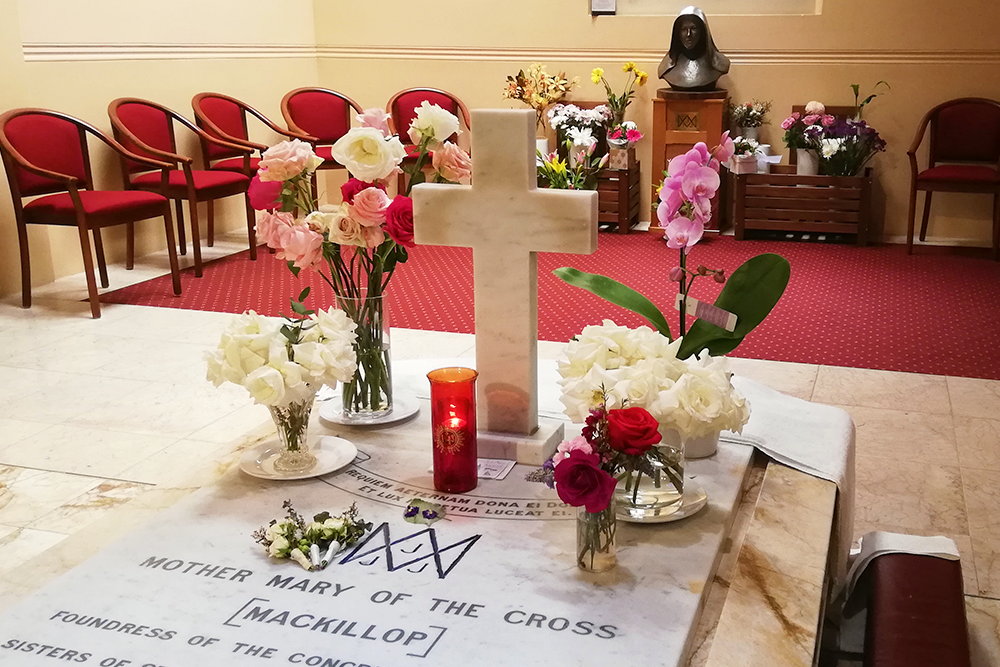
The feasts of All Saints and All Souls are celebrated on 1 November and 2 November respectively.
Over the first two days of November, we are invited to pray with and for everyone. We can pray with one another and the saints, as we are also reminded to remember and pray for all departed souls.
Profile on Sr Josephine Mitchell – Former Teacher and Educator
For newly professed Sr Josephine Mitchell, her first teaching post in 1954 was in the small community of Burringbar located in the top eastern corner of NSW.
“It took over 24 hours to get there on the train from Sydney,” says Josephine, now aged in her 90s.
Celebrating the Gift of Education
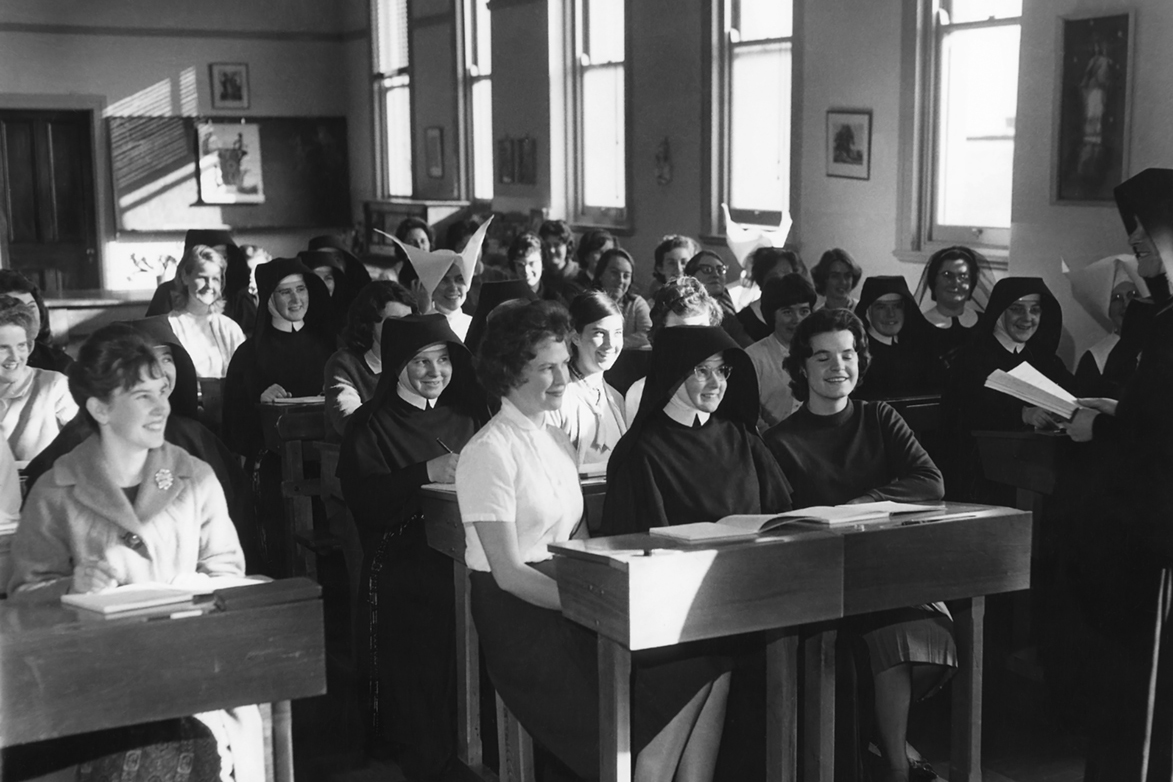
150 Years of the Sisters of Saint Joseph Education in NSW
This Teacher’s Day (28 October) we come together to say ‘thank you’ and celebrate the contribution, achievements and leadership of teachers. It is an opportunity to take a moment to recognise the impact of educators in all our communities.
Education is a ministry close to the Sisters of Saint Joseph of the Sacred Heart. The link goes back to the establishment of the Congregation in 1866, when Mary MacKillop and Fr Julian Tenison Woods opened the first Stable School in Penola, South Australia for the purpose of providing a Catholic education for children of families in isolated areas.
Papal Approbation for Whanganui Foundation
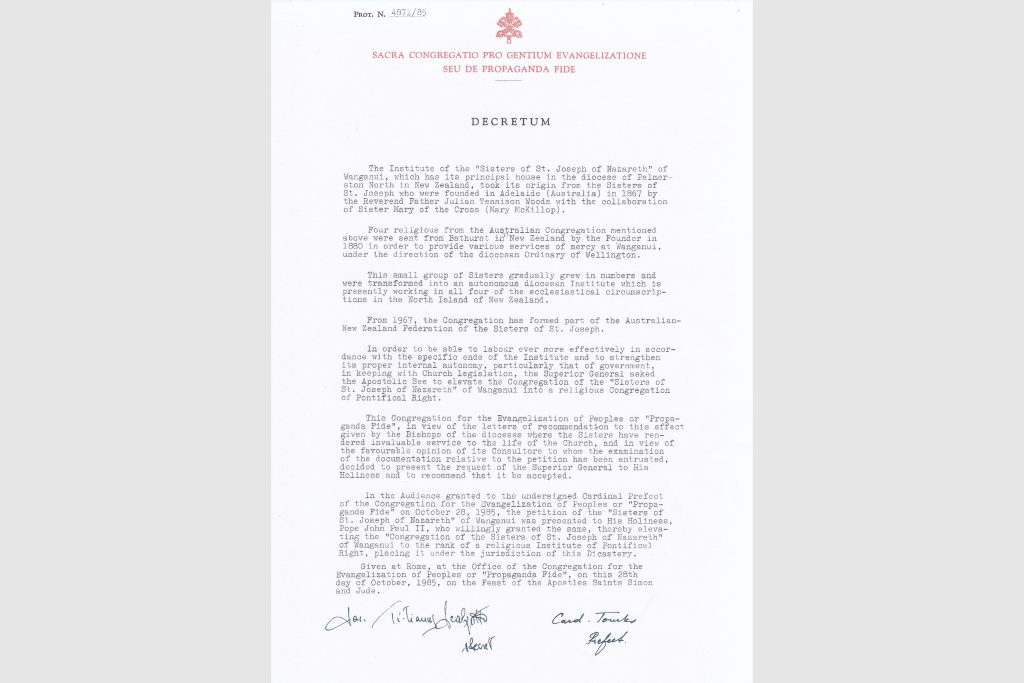
In 1928, Congregational Leader of the Whanganui Sisters of Saint Joseph, Sr Lucy Donovan with Sr Xavier Malone, attended the Eucharistic Congress in Sydney. The Apostolic Delegate urged them to consider unity with the Australian Diocesan Congregations.
Sr Aquin of Lochinvar in 1934, proposed union between the five Congregations of the Sisters of Saint Joseph, which would then obtain Papal Approbation for all diocesan groups. This proposal was not taken up.
St Mary MacKillop in the Pandemic and Post-Pandemic

The pandemic was a time that surprised the world. It was never thought that the COVID-19 virus could challenge humanity on the domination of Earth. A fixation on daily death numbers, anguish, despair, pain, violence, lack of food and work, medicine, etc. all reigned.
But all believers in God had hope in God. It is there, where the Josephite mission stood out. There St Mary MacKillop reappeared, through the Josephites, with great strength, through personal and community prayer (Companions, Affiliates, Sisters and sympathisers or friends).
World Mission Sunday 2022
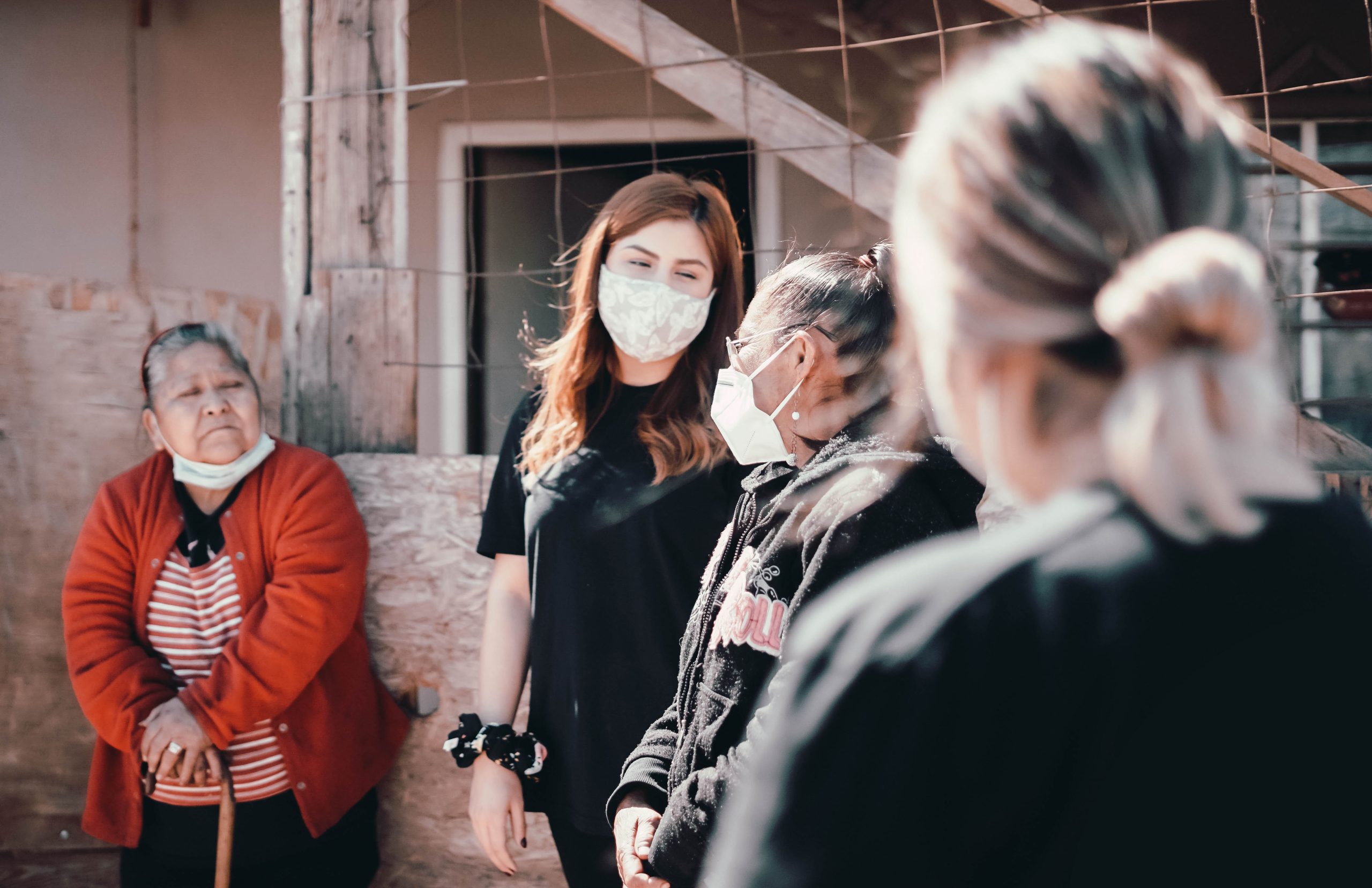
When I met Catherine, she was sitting outside a tin hut – smaller than an Australian backyard tool shed with no windows, a dirt floor and no electricity or running water. This was the family home, in a settlement in Suva, Fiji, and held all their belongings. Catherine lived there with her parents, but her two older sisters were with grandparents because her parents decided it wasn’t safe, and besides, they couldn’t fit! Dad had been laid off for the seven months of Suva’s continuous lockdown during COVID. With no source of income, the family were dependent on food from various charities.
Thanks to the initiative and generosity of Vincentian, Fr Joe Tuiamavule, his community and his generous benefactors, Catherine’s family is now together again, living in a brand new two-bedroom home, complete with furniture.
